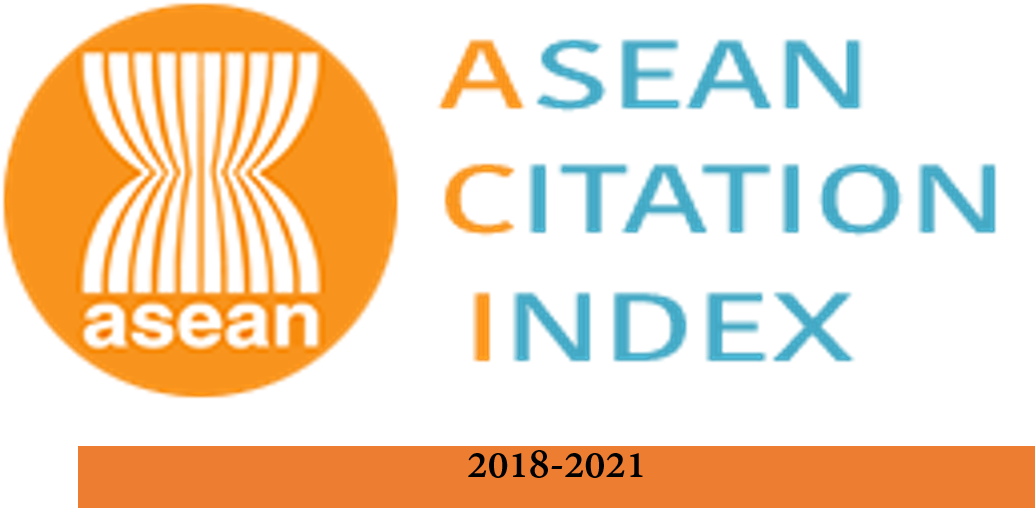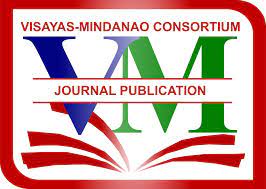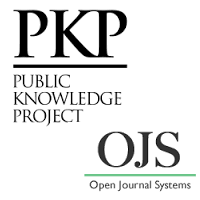Understanding the Dynamics of Human Trafficking
Abstract
This study looked into the dynamics of human trafficking. Descriptive research design and exploratory method were used in the study that aimed to examine the connections between countries of origin, destination, and transit. The underlying characteristics of countries with high reported cases of human trafficking both in places of origin and destination were also scrutinized. The data were gathered from the Global Trafficking in Persons Report in 2009 through data mining. The countries with reported high cases of human trafficking were Armenia, Russia, Belarus, and the United States. The economic well-being, graft and corruption, and political stability were considered as contributing factors that facilitated and encouraged human trafficking. The study also revealed the dynamics or movement of human trafficking in various levels.
Keywords:
Dynamics, human trafficking, places of destinations, places of origin, supply-demand relationship, corruption
References
Bales, K. (n.d.). Understanding the demand behind human trafficking.
Global Report on Trafficking in Persons. (2014).
Hughes, D. (2004). Demand: Where sex trafficking begins.
Koht, (1968). The driving forces in history. New York, USA: Atheneum.
Lapon, G. (2011). What do we mean by exploitation? Retrieved from https://socialistworker.org/2011/09/08/what-do-we-mean-exploitation.
Routhier, G. (2007). Understanding the demand for human sex trafficking: A study of attitudes regarding the commerce of sex industry.
Schneider, R., & Cantor, N. (1967). How to study history. Thomas Y. Crowell C o m p a n y . New York. United States of America.
Suson, E. (2015). The history of human trafficking. Retrieved from Hankeringforhistory.com/the-history-of-human-trafficking/
___.Trafficking in persons: Analysis of Europe. Vienna 2009.
Trafficking in Persons. (2009). Retrieved from www.state.gov/j/tip/rls/tiprt/2009/123137.htm
United Nations Protocol. (2000). United nations convention against transnational organized crime and the protocols thereto. Retrieved from https://www.unodc.org/unode/treaties/CTOC.
US State Department Trafficking in Persons Report (2009). Retrieved from www.state.gov/documents/organizations/123357.pdf
Wheaton, E. (2010.) Economics of human trafficking. Retrieved from https://researchgate.net/publication/45276597_Econnomics_of_human_traffickingUnderstanding the Dynamics of Human Trafficking
Global Report on Trafficking in Persons. (2014).
Hughes, D. (2004). Demand: Where sex trafficking begins.
Koht, (1968). The driving forces in history. New York, USA: Atheneum.
Lapon, G. (2011). What do we mean by exploitation? Retrieved from https://socialistworker.org/2011/09/08/what-do-we-mean-exploitation.
Routhier, G. (2007). Understanding the demand for human sex trafficking: A study of attitudes regarding the commerce of sex industry.
Schneider, R., & Cantor, N. (1967). How to study history. Thomas Y. Crowell C o m p a n y . New York. United States of America.
Suson, E. (2015). The history of human trafficking. Retrieved from Hankeringforhistory.com/the-history-of-human-trafficking/
___.Trafficking in persons: Analysis of Europe. Vienna 2009.
Trafficking in Persons. (2009). Retrieved from www.state.gov/j/tip/rls/tiprt/2009/123137.htm
United Nations Protocol. (2000). United nations convention against transnational organized crime and the protocols thereto. Retrieved from https://www.unodc.org/unode/treaties/CTOC.
US State Department Trafficking in Persons Report (2009). Retrieved from www.state.gov/documents/organizations/123357.pdf
Wheaton, E. (2010.) Economics of human trafficking. Retrieved from https://researchgate.net/publication/45276597_Econnomics_of_human_traffickingUnderstanding the Dynamics of Human Trafficking
Published
2017-05-25
Section
Articles
Copyright (c) 2017 Asia Pacific Journal of Social and Behavioral Sciences
Copyright holder is the Bukidnon State University.










